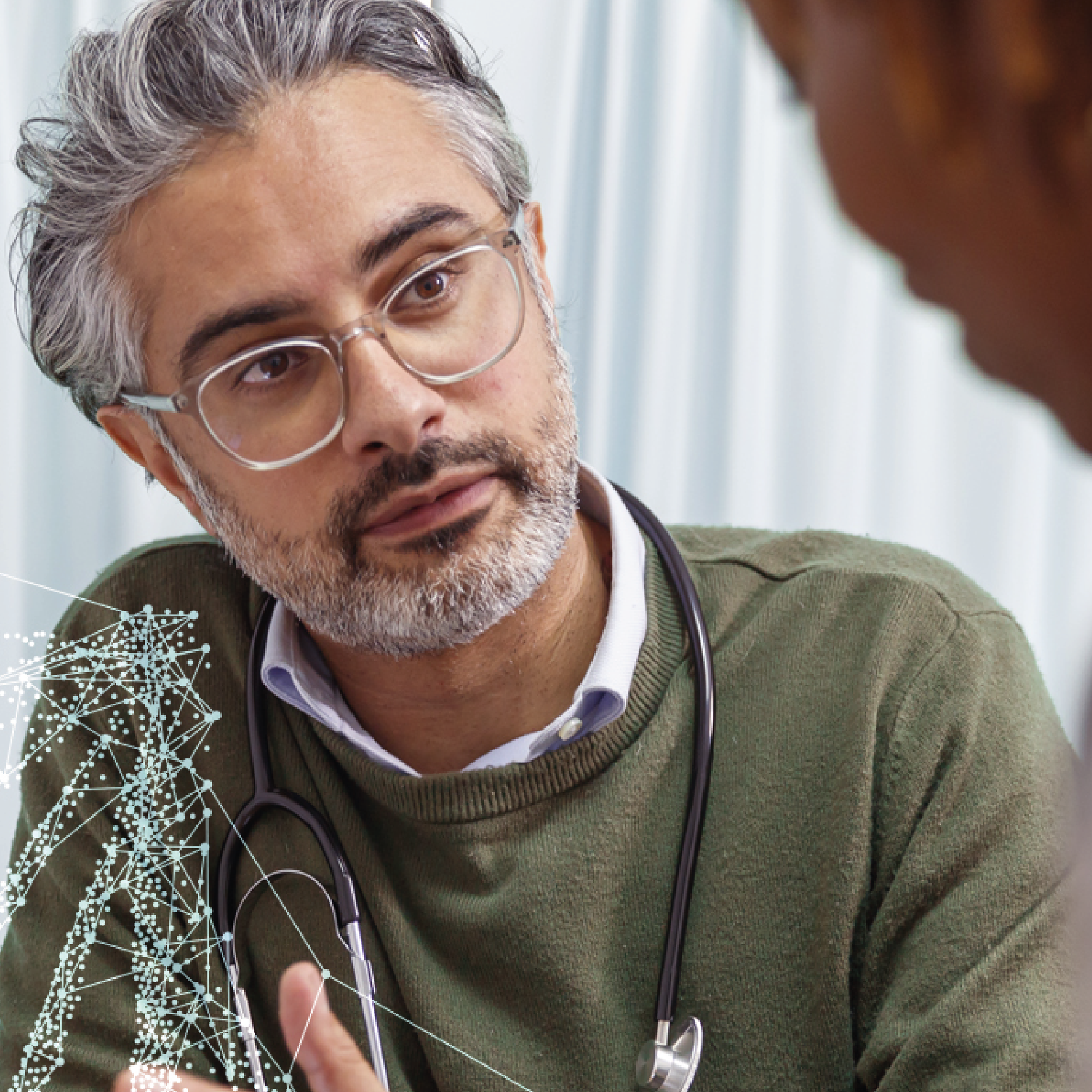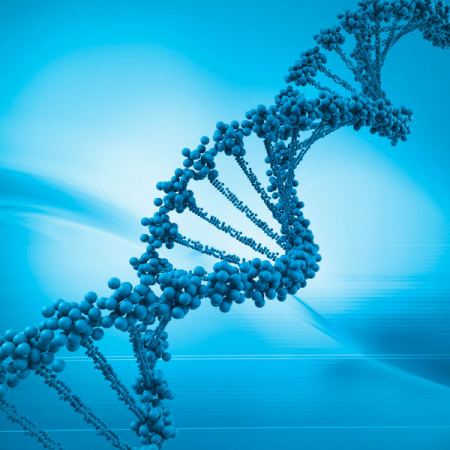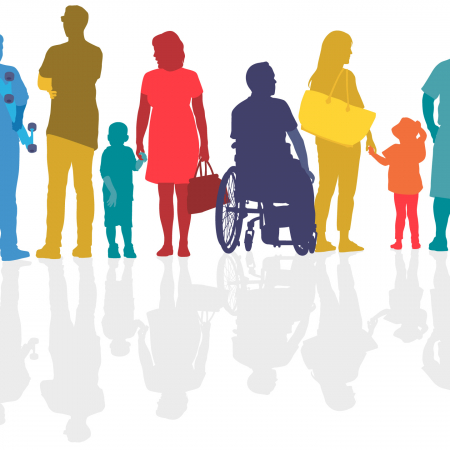Description
The widescale availability of genomic sequencing in the NHS brings new possibilities for patients, but means new concepts, systems and processes for clinicians.
What do we mean by the ‘cancer genome’, and when should you consider genomic testing? What tests should you know about, and how do you order them? What happens in the genomic laboratory, and how are test results interpreted? And what are the implications of genomic test results for patients and their families?
Why take this course?
This course seeks to answer those questions, taking you through the background and context of genomic testing for solid tumour indications and what it means for you, and your patients. You’ll be given insight into the current landscape of genomic testing in the NHS, as well as a practical step-by-step guide to requesting genomic tests and feeding back results.
Who is the course aimed at?
The course is aimed at NHS healthcare professionals who are involved in the genomic testing pathway for solid tumours. Other professionals and undergraduates who want to learn more about genomic testing in the NHS are also very welcome.
We offer free course upgrades for NHS staff and staff from other affiliated organisations, which provides lifetime access to the content beyond the initial two-week run as well as a certificate of achievement.
What will I learn?
The course will cover the following topics:
Week 1: Introducing genomic testing in cancer and what it means for you
- Setting the scene (patient stories)
- Cancer and genomic testing
- Creating a national genomic medicine service
Week 2: Working through the solid tumour pathway
- Introducing the testing pathway
- Right test, right patient
- Forms and samples
- Making sense of the data
- Receiving and interpreting results
- Actioning results: The impact for the patient
- Looking to the future
How will I learn?
You will learn alongside many other online learners during a two-week period. During this time, you will develop your knowledge through textual content, video interviews, animation, discussion points and patient case studies. On completion of the course, you will have the opportunity to obtain a certificate of achievement.







